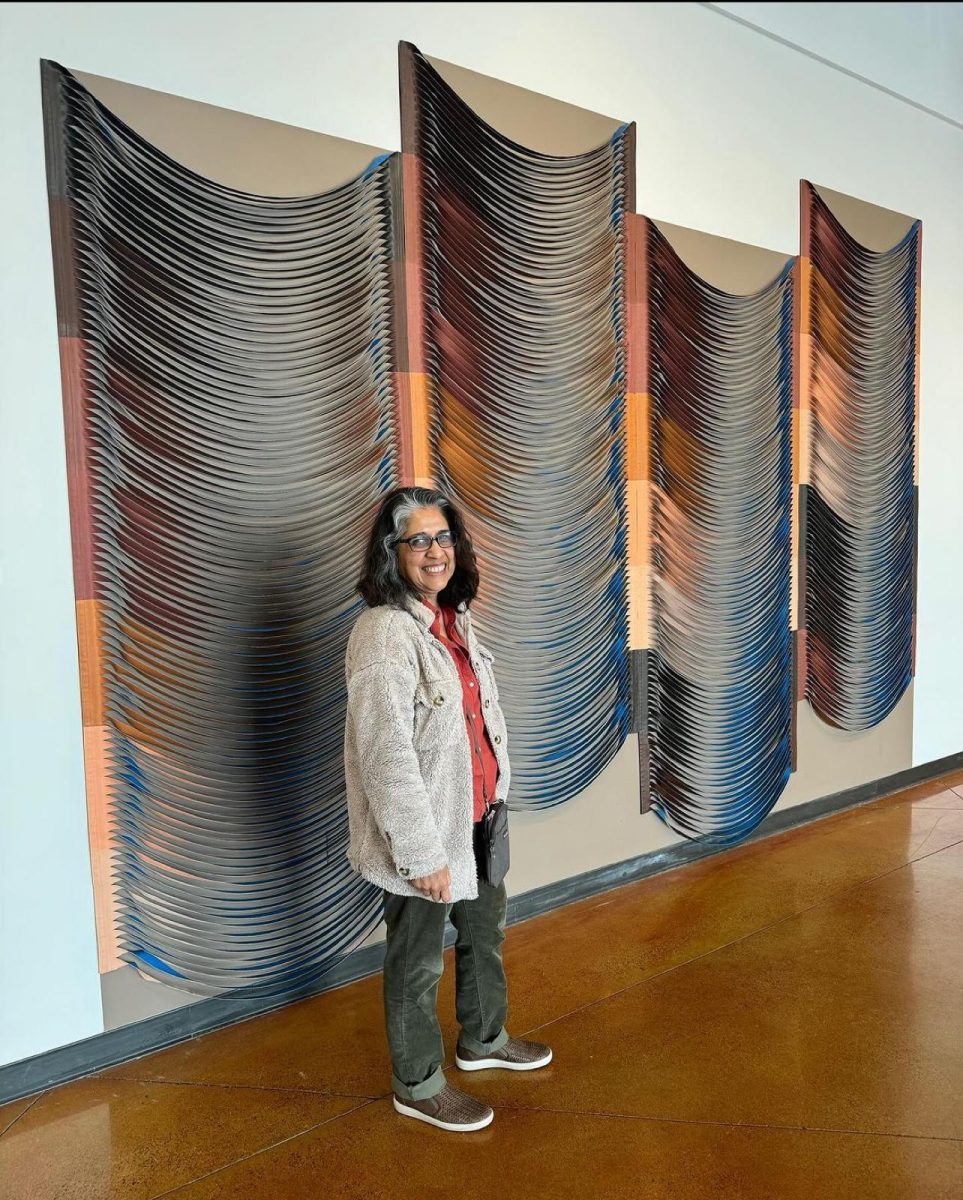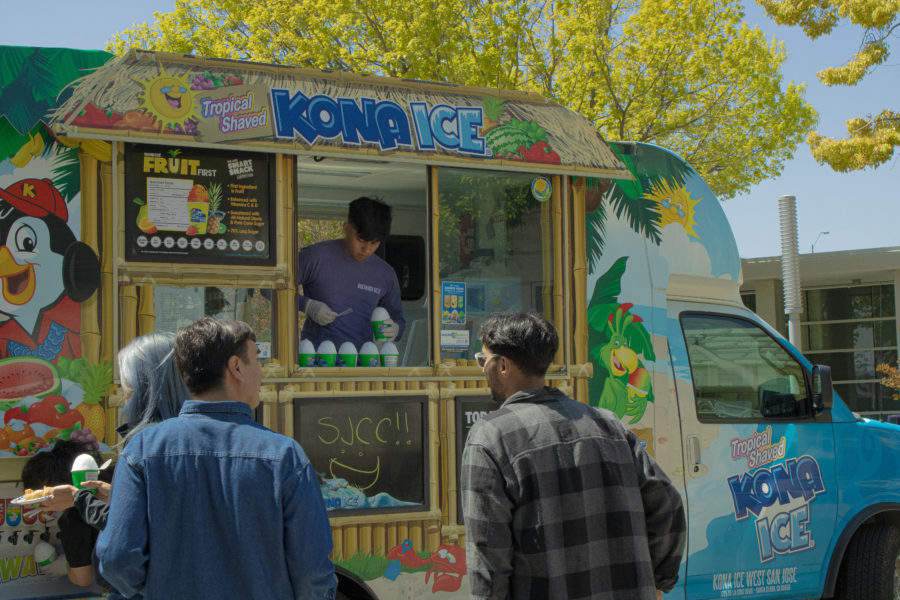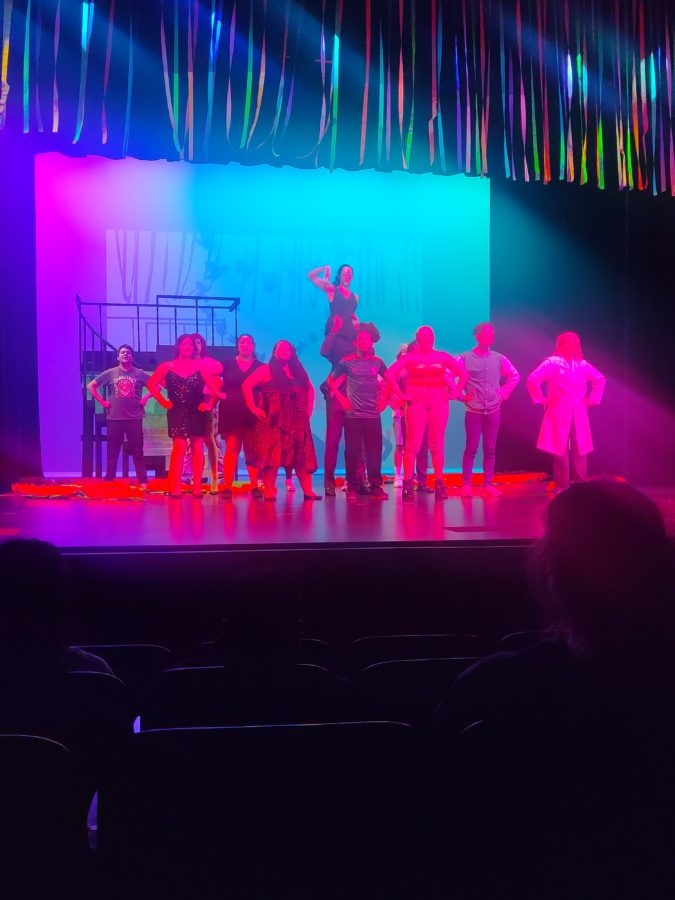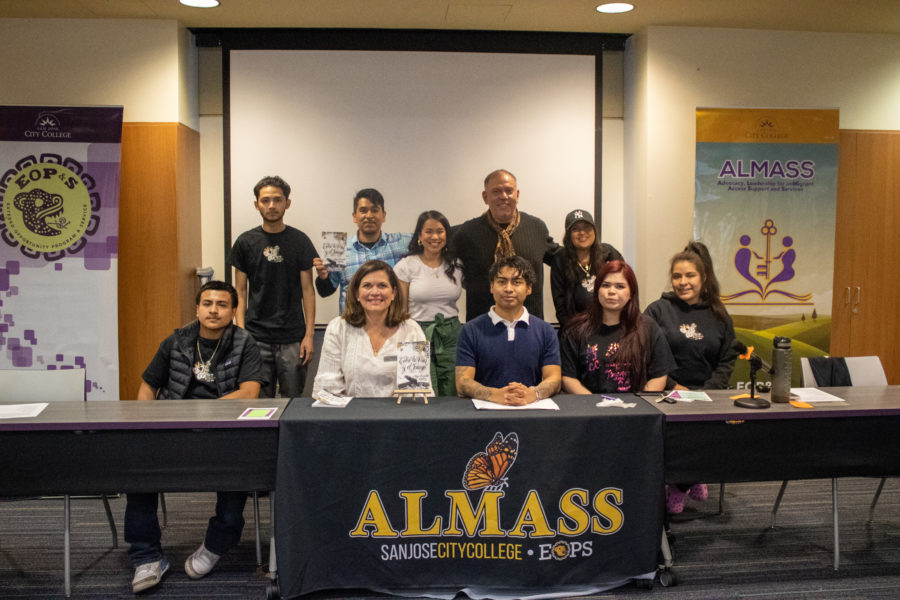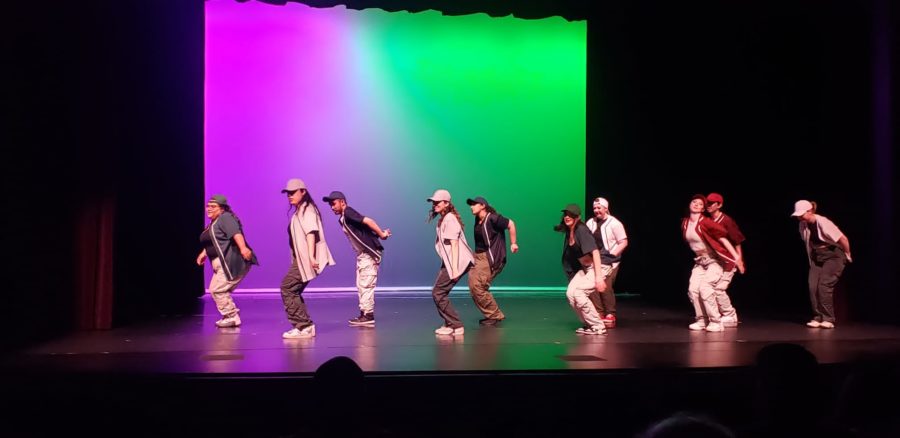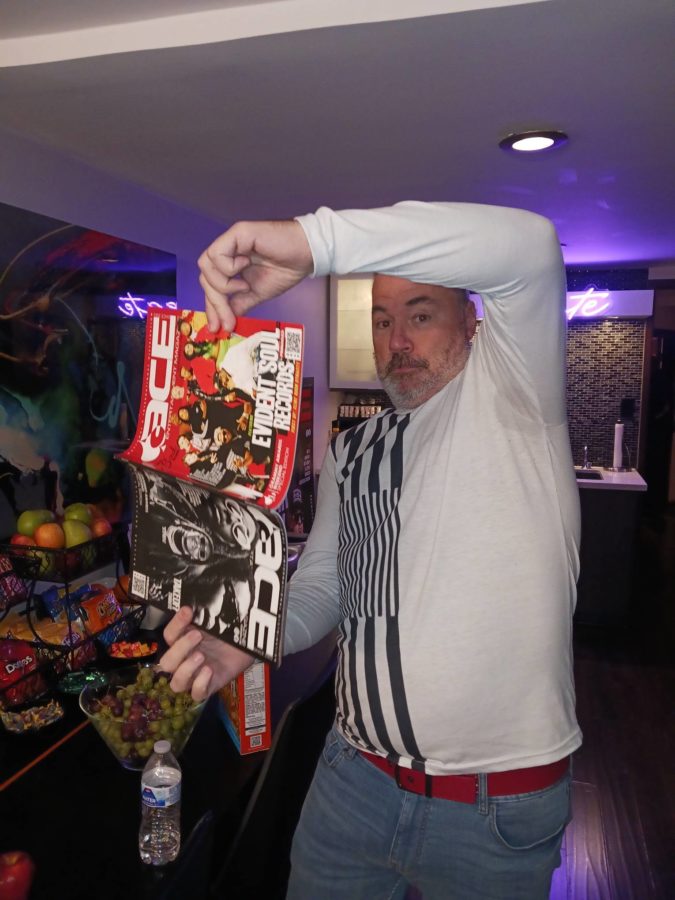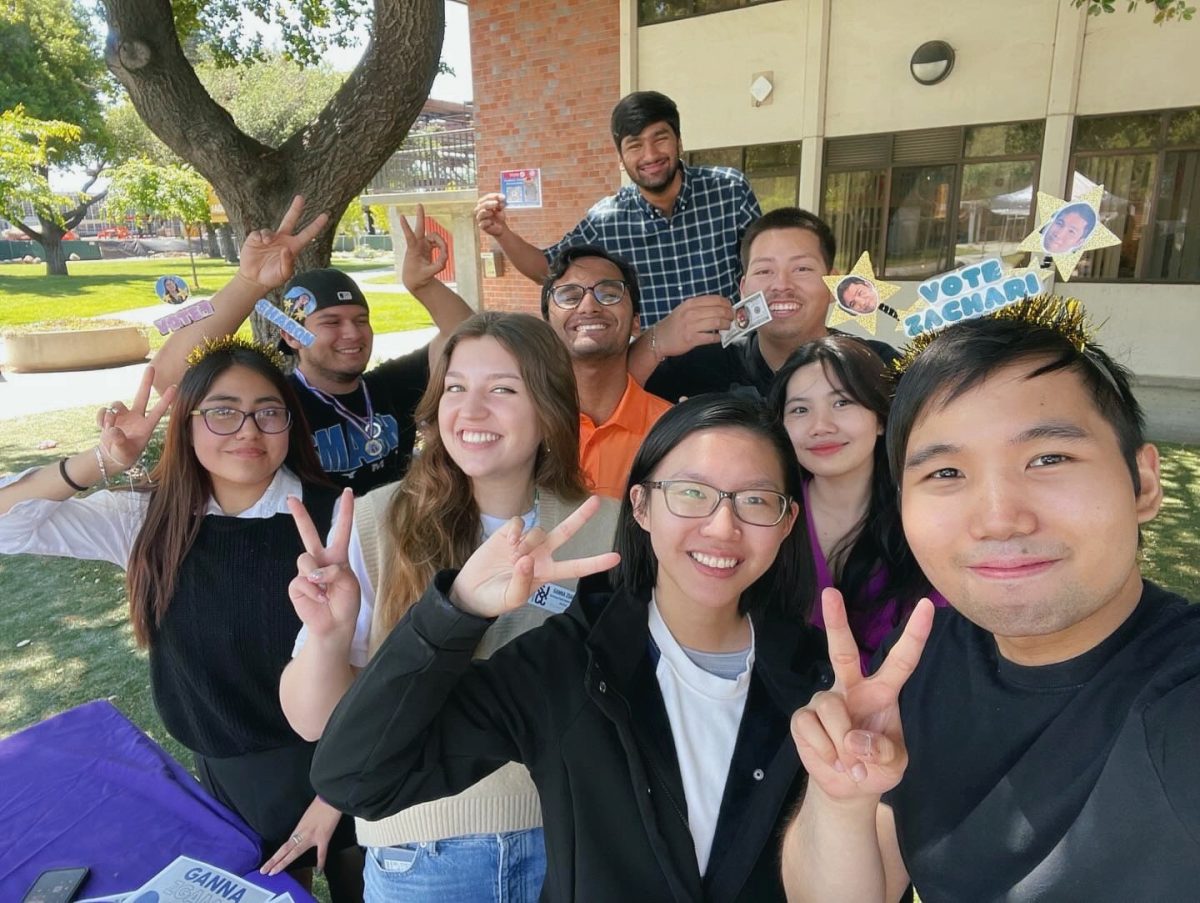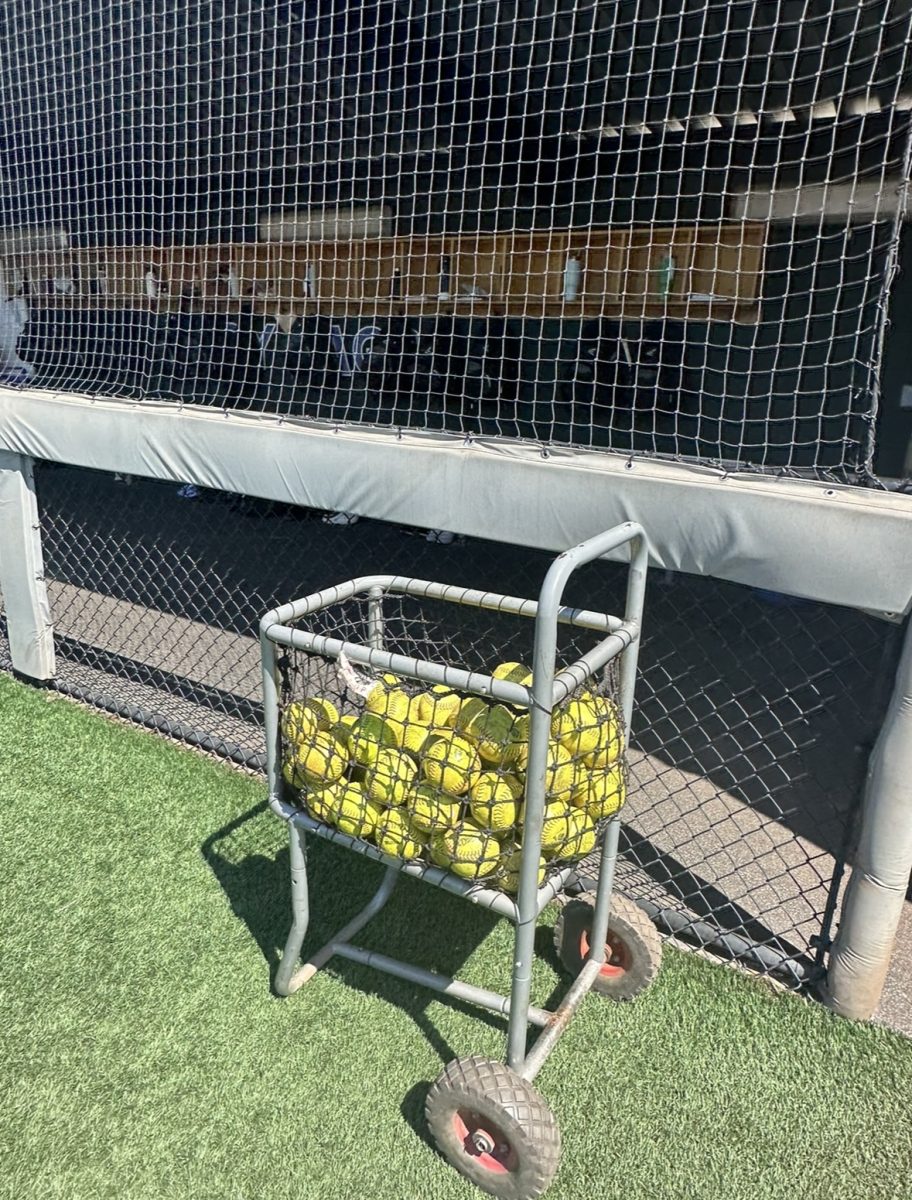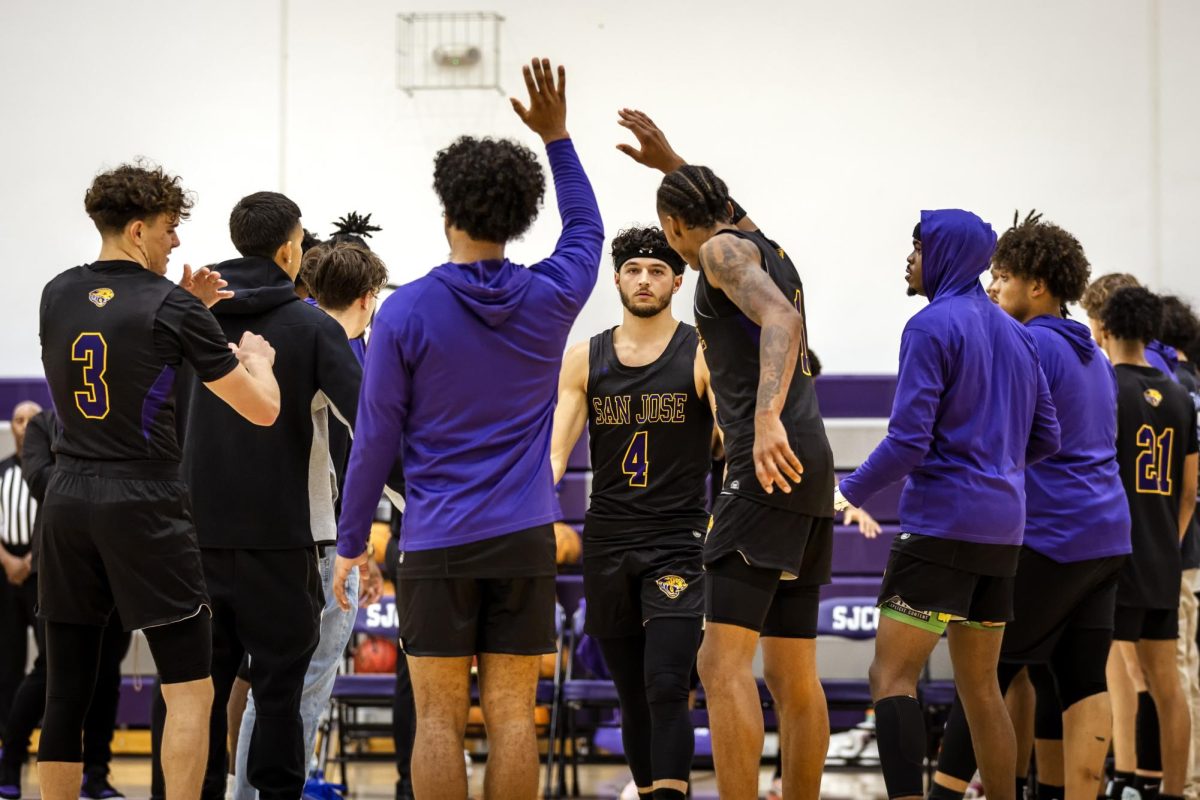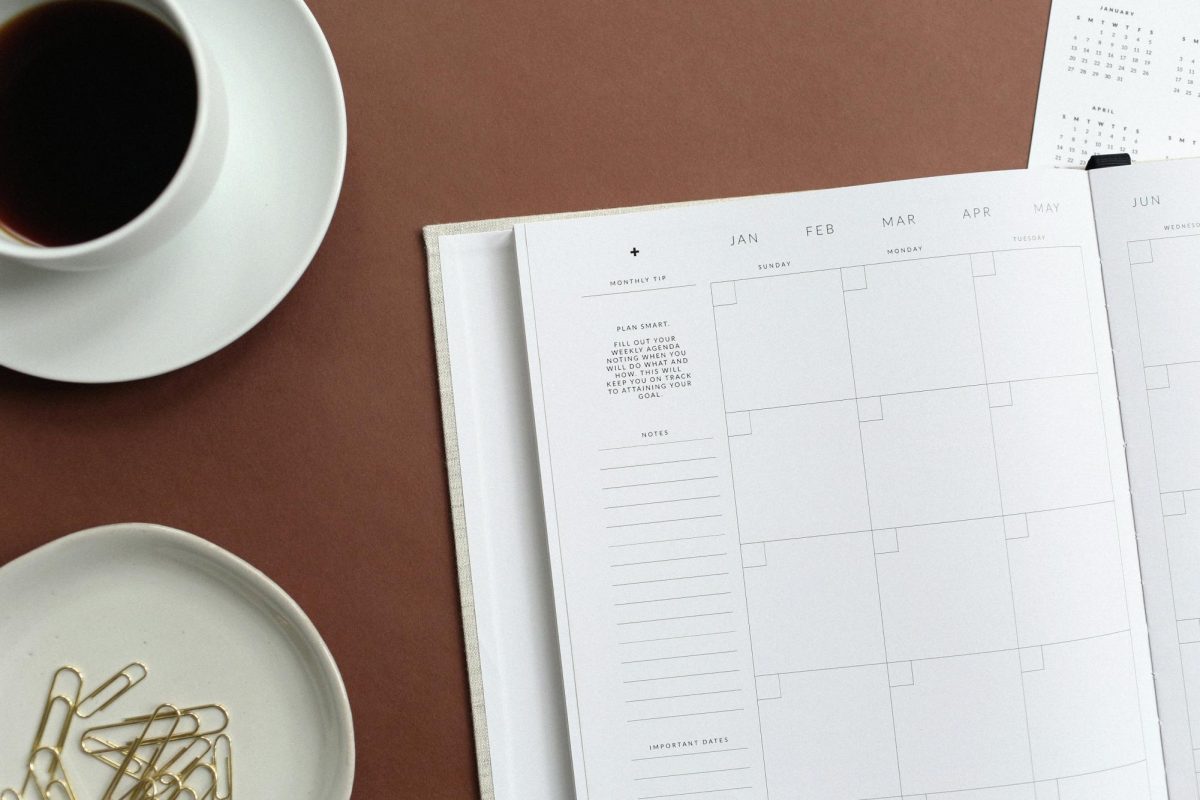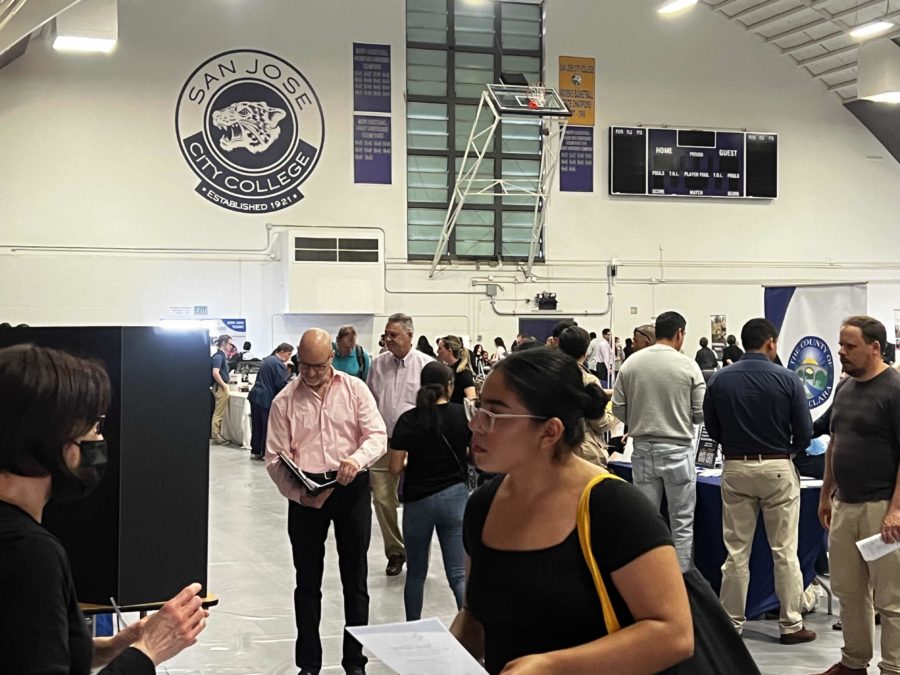Students carry their own identity. Some of the students show artwork on their bodies that reflect their culture and family history. Body art is also known as tattoo designing on the human body.
Having a tattoo can be just for the looks, meaning having your favorite animal, symbol or quote that will look good to you on your body. To some there are strong symbolic meanings that connect to their family and culture.
SJCC football coach Kevin Nishihara said 30 of his students have traveled to California from the islands of Hawai’i, Samoa, Fiji and Tonga and are part of the athletic program at SJCC.
Nishihara said the majority of his athletic students carry those symbolic tattoos, which are known to the Pacific Islanders as Polynesian tribals.
The Polynesian tribals are made up of different shapes, lines, curves and shading. Each of these elements in the tribals have different and specific meanings. In the Polynesian culture, both culture and family are the main priority.
Josh (Sua) Lepisi, 18, said the full tribal sleeve on his left arm motivates him to do well in everything he does.
Lepisi is Samoan, and the style of his tribal is a Samoan-style done by a tattoo artist in Washington, where Lepisi once lived.
“It’s a family thing,” Lepisi said. “It’s my motivation to help push myself forward to do good in everything that I do in my life.”
Tattoo artist Kenny Brown, 21, is part Samoan, Hawaiian and Black, and the tribals on his body come from his two Polynesian backgrounds. Brown’s chest piece connects to his arm into a sleeve that is designed in a Marquesas style, which was done by Brown’s uncle.
“Everything on my chest represents all the bad things that I’ve done and been through in my life,” Brown said. Connecting from his chest to his shoulder, the story behind his tribal is the promises that he has made to both God and himself that he will not repeat the bad things he has done in his past.
In the Hawaiian culture, Hawaiians have the “’aumakua” or the family god. Brown’s piece on his right leg is of his family’s “’aumakua,” which is a shark and triangles that represent protection.
It is now Brown’s second year of tattooing, and he has done tattoos on hundreds of people in the Bay Area.
“Tattooing was never part of the plan,” Brown said. “But after tattooing my first client, it was a great feeling.”
Brown said he enjoys what he does and feels that he has found his life career.
Being able to draw new designs and be creative is not the only thing he enjoys about his business. Passing on his knowledge of his culture is what fulfills him inside, he said. “The fact that I get to pass on my culture and knowledge to others makes me happy.”

